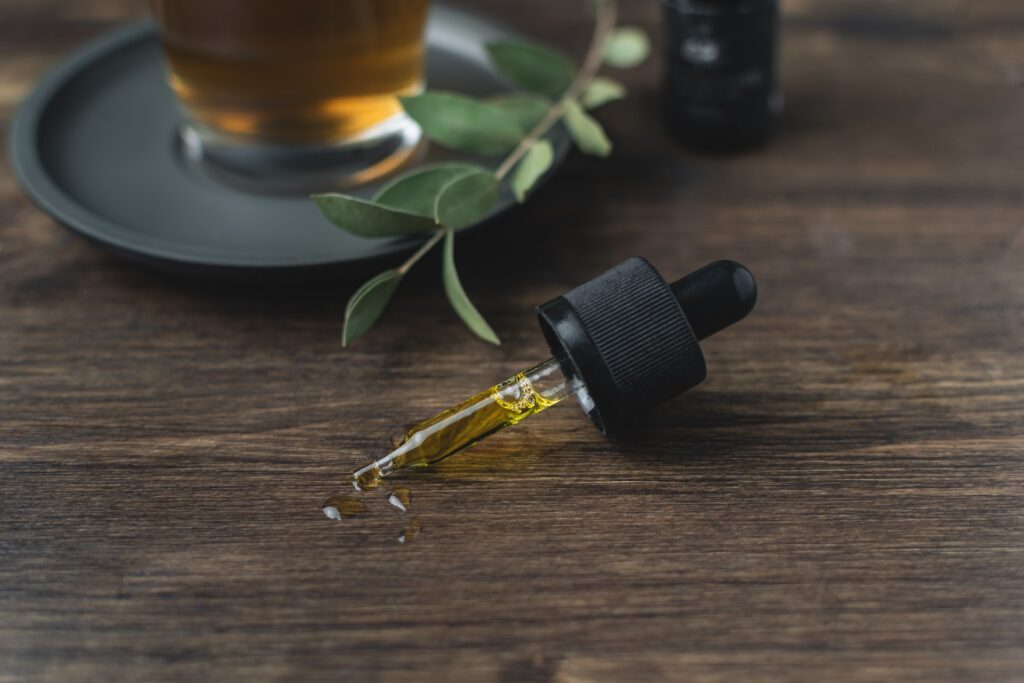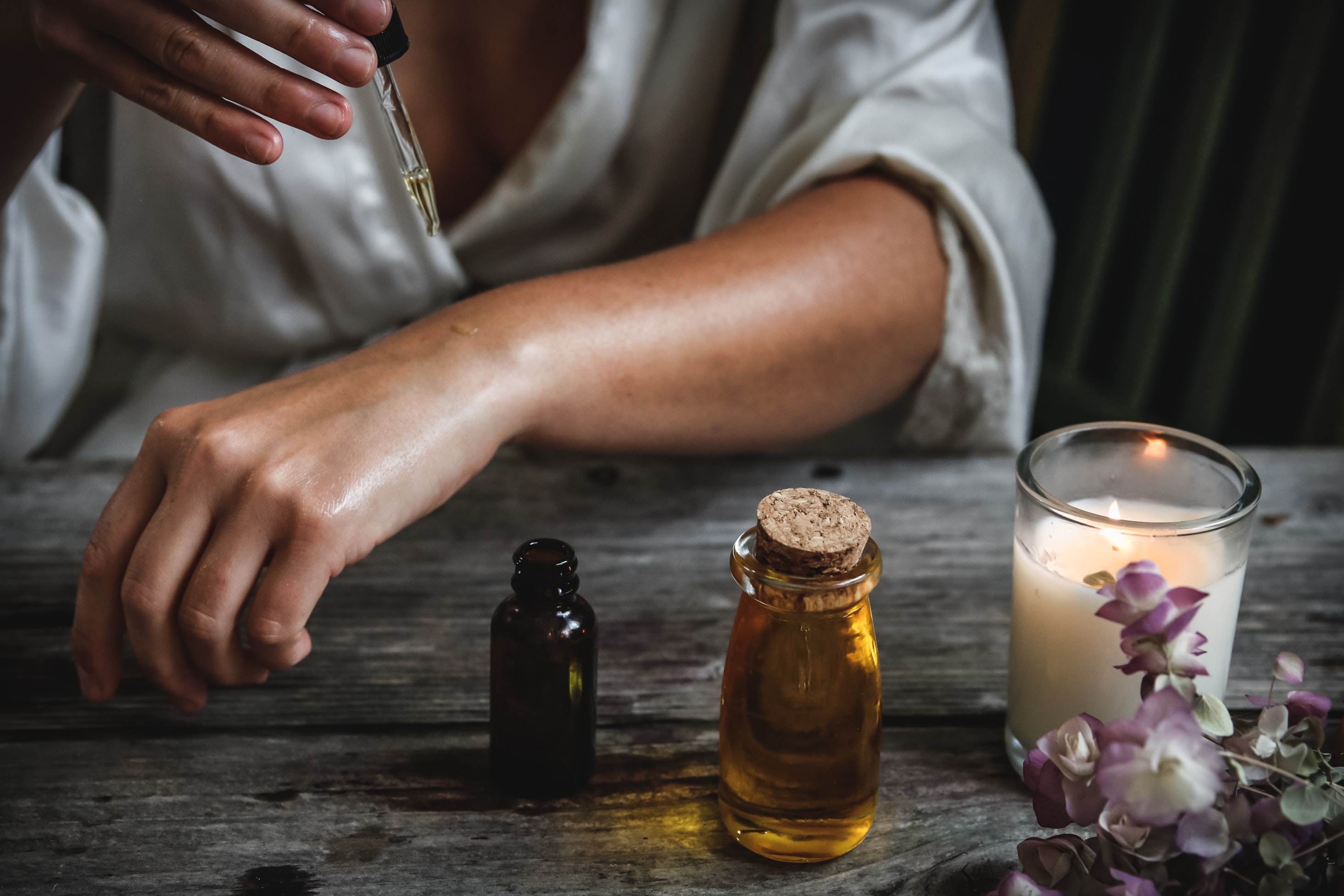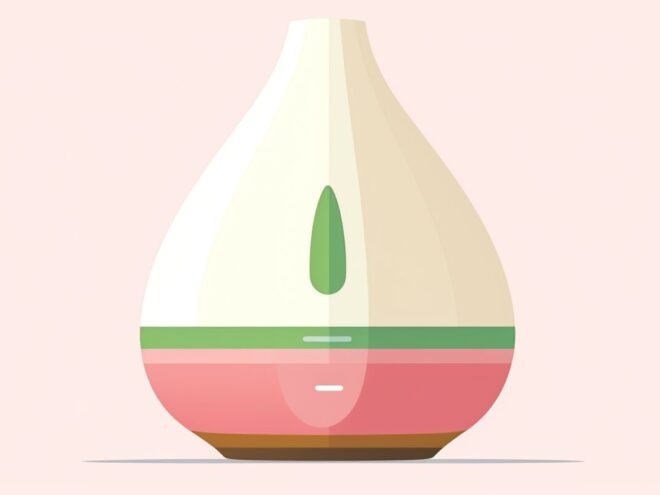Home • 12/10/2021
3 Essential Oils That Clean the Air of Germs

Revivalist is a reader-supported endeavor and our posts may contain affiliate links. When you buy through links on our site, we may earn an affiliate commission.
As the weather cools, many of us will spend less time outside in the fresh air and more time inside our homes. Aside from opening a window or two, essential oils are a great way to keep internal air clean and germ-free.
These three essential oils will freshen up the scent of your home while also killing germs or bacteria in the air.
What Exactly Are Essential Oils?
Essential oils are concentrated plant-based oils. They’re called “essential” because each one captures a plant’s aroma or essence. They carry the chemical characteristics and benefits unique to different plants, providing many benefits.
Authentic essential oils are either distilled or cold-pressed from plant material. Because they are so concentrated, large amounts of a plant are needed to create a small amount of oil.
Essential oils should be stored in dark bottles and kept away from sunlight to stay fresh. They need to be mixed with a carrier such as coconut, olive oil or jojoba before use to dilute their potency. You’ll only need a few drops.
How to Use Essential Oils
Essential oils are a form of aromatherapy, so they are meant to be smelled. Studies show they travel through your olfactory and respiratory system to interact with your brain and bring many benefits to your body. While they are not a cure for illnesses, they can help treat anxiety, colds and allergies, among many other things.
Essential oils also permeate the skin quickly and can benefit the body through topical use. However, some are best not touched until mixed with carrier oils. In addition, they should never be ingested or applied near or on your eyes.

To use essential oils, you should always start by mixing them with a carrier oil. Then, you can apply them to your skin or hair with a roll-on stick or dropper. You can also blend them into beauty products like shampoo or lotion.
Another way to use essential oils is to breathe them in using a diffuser or spray bottle. If you use a diffuser, ensure you’re in a well-ventilated space to avoid over-exposure to oils. You can also create effective natural cleaners and hand sanitizers with the help of essential oils.
Essential Oil Warnings
Essential oils are an unregulated industry, so it’s up to you to research and choose providers wisely. The best ones are 100% pure, not chemically processed. The cost will vary depending on the type you’re buying.
Always read reviews on a company to check its reputation before purchasing. Essential oils have become an $11 billion industry, and some providers are much better than others.
There is little research on how essential oils affect pregnancy. In addition, some may be harmful to young children and can affect the hormonal development of boys. Many essential oils are extremely toxic for pets and can result in sickness or death if breathed or ingested.
Essential Oils That Clean the Air
1. Lemon Oil
Lemon essential oil is made from the peel and has a fresh, crisp scent reminiscent of many cleaners. Studies have shown it has antibacterial and antioxidant properties, especially when used topically.
You can diffuse three to four drops of lemon oil for about 30 minutes, or make an air spray by combining 1 cup water, 1 cup witch hazel or vodka, and six to10 drops of essential oil. As long as you keep this mixture sealed up, it will be effective for a long time.
If you decide to buy lemon oil to spritz into the air, you can use what’s left for many other things as well. Lemon oil can help you think more clearly, is antifungal and may even help treat acne.
2. Tea Tree Oil
Tea tree oil comes from the leaves of the Australian tea tree, and it’s also sometimes called melaleuca oil. Aboriginal people have used tea tree leaves for their healing properties for a long time, and the oil has strong antimicrobial and medicinal properties.
You can use tea tree oil to create a germ-killing air spritzer or turn it into an effective natural cleaning product by mixing it with apple cider vinegar. It can help fight lice and athlete’s foot and also makes an excellent hand sanitizer.
A few people are allergic to tea tree oil, so only use a little bit the first time you try it. It is highly toxic if ingested, so always keep it away from children.
3. Eucalyptus Oil
Eucalyptus oil, which also originates from Australia, comes from the leaves of the eucalyptus tree. It has strong antibacterial properties and can support respiratory health. It’s also good for easing coughs, and it stimulates the immune system.
It also makes an excellent air spritz or hand sanitizer. You can combine it with other essential oils for enhanced antibacterial properties and unique, fresh scents.
Eucalyptus oil can sometimes cause an allergic reaction, so expose yourself to a small amount the first time. You can use oil left over from your air spritzer to make an all-natural bug spray.

Nature’s Fighting Power
Plants have some pretty amazing medicinal properties, and essential oils are one way to benefit from them. However, always remember to research before diffusing or applying any oils topically.
Use the power of lemon, tea tree and eucalyptus essential oils to fight germs and bacteria in your home.
Subscribe to Our Weekly Newsletter
We would love to connect deeper with you!


